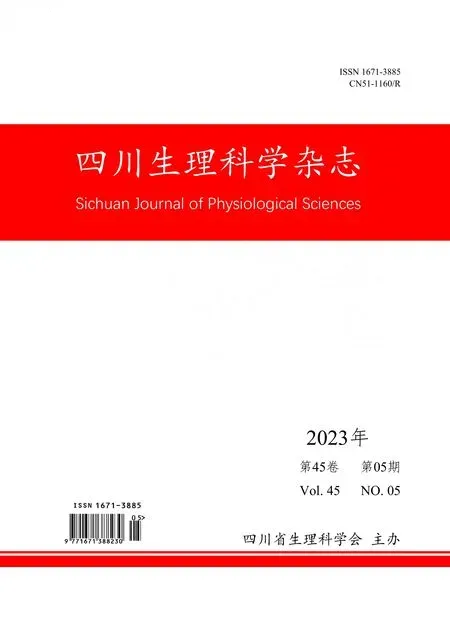Uridine-derived ribose fuels glucose-restricted pancreatic cancer
Zeribe C Nwosu,et al.
Pancreatic ductal adenocarcinoma (PDA) is a lethal disease notoriously resistant to therapy1,2.This is mediated in part by a complex tumour microenvironment3,low vascularity4,and metabolic aberrations5,6.Although altered metabolism drives tumour progression,the spectrum of metabolites used as nutrients by PDA remains largely unknown.Here we identified uridine as a fuel for PDA in glucose-deprived conditions by assessing how more than 175 metabolites impacted metabolic activity in 21 pancreatic cell lines under nutrient restriction.Uridine utilization strongly correlated with the expression of uridine phosphorylase 1 (UPP1),which we demonstrate liberates uridine-derived ribose to fuel central carbon metabolism and thereby support redox balance,survival and proliferation in glucose-restricted PDA cells.In PDA,UPP1 is regulated by KRAS-MAPK signalling and is augmented by nutrient restriction.Consistently,tumours expressed high UPP1 compared with non-tumoural tissues,and UPP1 expression correlated with poor survival in cohorts of patients with PDA.Uridine is available in the tumour microenvironment,and we demonstrated that uridine-derived ribose is actively catabolized in tumours.Finally,UPP1 deletion restricted the ability of PDA cells to use uridine and blunted tumour growth in immunocompetent mouse models.Our data identify uridine utilization as an important compensatory metabolic process in nutrient-deprived PDA cells,suggesting a novel metabolic axis for PDA therapy.
- 四川生理科學(xué)雜志的其它文章
- Polygenic scoring accuracy varies across the genetic ancestry continuum
- Inhibiting membrane rupture with NINJ1 antibodies limits tissue injury
- Microbial peptides activate tumour-infiltrating lymphocytes in glioblastoma
- Haemochromatosis
- 更 正
- GWAS and meta-analysis identifies 49 genetic variants underlying critical COVID-19

